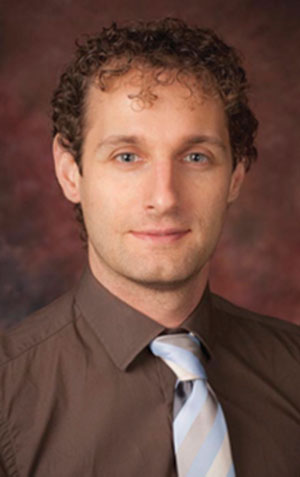“The task force is convinced that the articling program cannot continue to drift.”

Those were the words from the Law Society of Upper Canada’s licensing and accreditation task force consultation report a couple of years ago. Since then, the crisis — as one LSUC bencher described the situation — has only deepened. Now, Treasurer Laurie Pawlitza has said she’ll establish yet another working group to find solutions.
Working groups have value, particularly since the law society would want to avoid making radical changes without due consideration. But as the number of law school graduates without articles has now doubled since 2008, it’s clear that those involved in this second study need to act quickly.
At the same time, Convocation needs to be willing to make bold decisions to address the issue.
The articling conundrum isn’t easy, of course.
As the earlier task force had noted, there was little support for abolishing the articling requirement. But with the shortage of articling placements growing to alarming numbers, the LSUC may want to consider revisiting the issue.
Still, it’s probably more reasonable for the law society to consider aggressive actions to try to fix the articling program first. The actions recommended by the last task force, such as a communications effort to inform schools, students, and the profession about the articling program, clearly didn’t go far enough.
One area the LSUC should focus on is expanding the pool of placements outside of Toronto. As its own articling survey found, the overwhelming majority of placements are in the provincial capital.
Not including government agencies and court clerkships, Toronto accounted for 830 positions, or 65 per cent of them, in 2009-10. In the enitre northwest region, which includes places like Thunder Bay, Ont., just 11 articling placements were available.
(
Click here for a PDF showing a map of where the positions are.)
That data isn’t surprising, and there certainly are barriers to small-firm and sole practitioners in some towns and cities in taking on articling students.
At the same time, many law graduates are likely to want positions in major cities. But the data shows that smaller communities are precisely the places where new articling positions could come from, particularly given the fact that many firms and sole practitioners could use the extra help and given that those towns and cities face a looming shortage of lawyers as people retire.
Graduates, of course, would then face the option of relocating, something it’s not unreasonable to expect them to do. If students won’t follow the jobs, the responsibility for their situation falls on their shoulders.
But as with many things, money is often a key factor. So if the LSUC wants to encourage articling positions around the province, it likely will have to come up with some sort of financial incentive for firms. In the meantime, letting the articling issue drift once again isn’t an option.
For more on this story, see
"Articling crisis set to grow."
— Glenn Kauth

 Those were the words from the Law Society of Upper Canada’s licensing and accreditation task force consultation report a couple of years ago. Since then, the crisis — as one LSUC bencher described the situation — has only deepened. Now, Treasurer Laurie Pawlitza has said she’ll establish yet another working group to find solutions.
Those were the words from the Law Society of Upper Canada’s licensing and accreditation task force consultation report a couple of years ago. Since then, the crisis — as one LSUC bencher described the situation — has only deepened. Now, Treasurer Laurie Pawlitza has said she’ll establish yet another working group to find solutions.